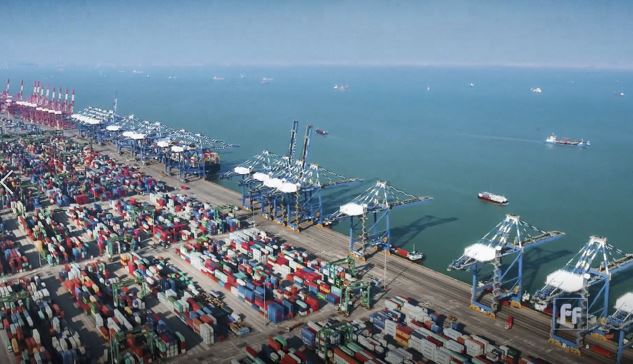Economists and policy makers have long argued that globalization often helps lower prices.
The rising opposition to free trade means inward-looking populist movements are become more successful, most notably in the United States and the United Kingdom. Since the pandemic has sped up the retreat from globalization, has support for global economic integration dropped?
On this week’s Full Frame, host Mike Walter talks with renowned economics Professor Jeffrey Sachs about what this means for the future of globalization.
Globalization has deepened and sped up connections between people, institutions, markets and nations. Trade and finance are two arteries through which the process of globalization flows.
Nowhere is that more evident than in China, where it’s building infrastructure, and utilizing technology, to send goods to every corner of the world.
Most economists agree, globalization has transformed our world and will continue to do so.
There have been three globalization eras beginning with the rise of industry in the late 19th century. The second started after World War Two. And the third, is what we’re seeing today.
Full Frame host, Mike Walter talks with author and urban sociologist, Saskia Sassen, about the trends she’s seeing emerge in this new era of globalization.
 CGTN America
CGTN America

